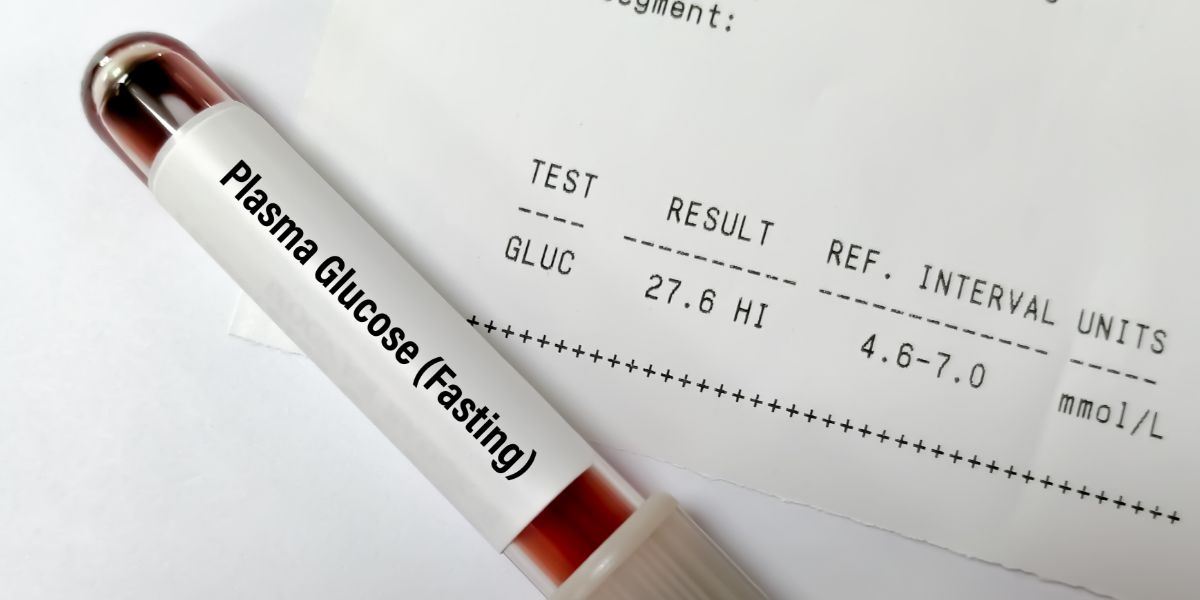If you have diabetes and drive, there are a number of factors which can play a part in whether you need to inform the Driving and Vehicle Licence Agency (DVLA).
There is a lot of confusion about what needs to be done and additional forms that need to be completed if you have diabetes and are applying for a licence.
Essentially, you need to tell the DVLA about your diabetes depending on how it’s treated and the type of licence you want or are applying for.
This section details the forms you will have to complete when applying for a driving licence and the conditions you must meet in order to receive a driving licence.
Do I need to inform the DVLA?
If you don’t tell the DVLA about your diabetes or any other medical conditions that affect your driving when you should, you can be fined up to £1,000 and could even be prosecuted if you are involved in an accident as a result.
For all If any of the following factors apply, you must inform the DVLA (denoted by * in the Figure 1):
- If you have suffered more than one episode of severe hypoglycemia within the last 12 months (driving cars or motorcycles only)
- If you have suffered any episode of severe hypoglycaemia within the last 12 months (buses, coaches or lorries)
- If you experience severe hypoglycemia whilst driving
- If you lose awareness of hypoglycemia
- If you have visual impairment in both your eyes or in one eye if it is your only fully functioning eye
- If you need to have laser treatment in both your eyes or in one eye if it is the only fully functioning eye
- If you have poor blood circulation or loss of sensation (such as caused by neuropathy ) that means you need to drive only particular types of vehicles, such as those with automatic gearboxes or with hand operated accelerators or brakes
- If you develop a complication of diabetes or any other medical condition that affects your ability to drive safely
| Therapy type | Car or motorcycle | Bus, coach or lorry |
|---|---|---|
| Diet only | No* | No* |
| Sulphonylureas or glinides | No* | Yes |
| Other diabetes tablets or incretin mimetics | No* | Yes |
| Insulin | Yes | Yes |
Car and motorcycle drivers on insulin
If you treat your diabetes with insulin, you must by law inform the DVLA. You will need to obtain or download a form called ‘DIAB1’ which will ask for more information about your diabetes. This will include asking about the name and address of your General Practitioner or consultant.
They will also ask for your permission to approach these people directly, if necessary, to obtain information on your fitness to drive. This does not mean, however, that you will be refused a licence.
Watch the video below to see how to complete the DIAB1 form.
If your diabetes is treated with insulin, a driving licence will be issued for one, two or three years, and will you allow you to drive a vehicle up to 3.5 tonnes. When this licence expires you will receive a reminder to renew the licence and you may also be sent another Diabetic 1 form to complete with more up-to-date information. Renewals are free of charge.
If your diabetes is treated with tablets, you are not always sent the Diabetic 1 form. In general, you will be issued with a full driving licence, providing that you do not have any other medical condition that might prevent this.
There is a charge for renewing this licence after the age of 70. This is the same as for anyone else in the UK who does not have diabetes.
If you have gestational diabetes and are put onto insulin temporarily, you need not inform the DVLA unless the insulin usage continues for more than 3 months or if you experience disabling hypoglycemia.
Applying for a C1, C1E, D1, DIE, C, CE, D or DE licences
If you take medication to control your diabetes, you will need to inform the DVLA and fill in a ‘VDIAB1SG’ form. The form asks a number of different questions about how your diabetes is managed as well as asking for details of your GP and consultant.
In order to apply for a licence to drive buses, coaches or lorries, you must ensure that you meet the following qualifying conditions:
No episodes of hypoglycemia which have required assistance whilst driving within the last 12 months. You must undertake to regularly monitor your blood sugar levels at least twice a day and at times relevant to your driving.
If your application is successful, then you will need to continue to monitor in this way, particularly at times relevant to driving larger vehicles than cars or motorcycles.
Every 12 months, you will need to arrange to be examined by a hospital consultant who specialises in diabetes. At the time of this examination, the consultant will need to review your blood glucose records for the previous 3-month period.
You must have no other medical condition which would bar you from driving these vehicles.
If you are unsure whether or not you are able to apply for this licence, contact the DVLA directly.





